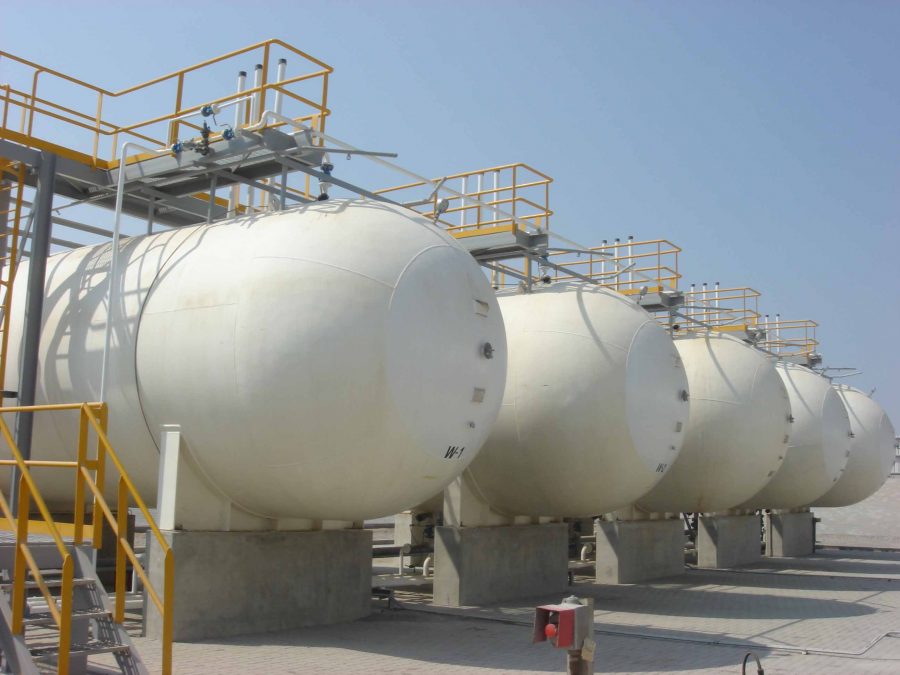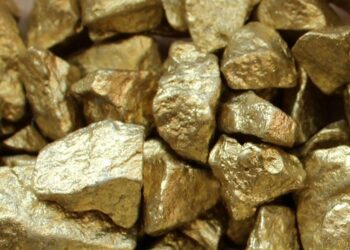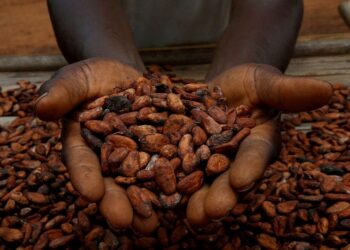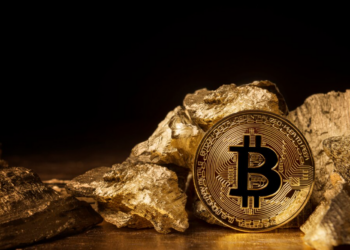In spite of the resurging COVID-19 global cases at unprecedented levels, LNG was among the top performers in Q3.
Having surged so high of late, energy analysts envisage LNG’s prices to hold at around $5/MMBTu (a standard gas measurement) through the end of 2020.
READ: Nigeria’s inflation rate hits 13.71% as food prices soar
That said, investors are also very hopeful of strong LNG demand in Q4 as emerged markets, especially in the Nothern hemisphere, head for winter. This means more liquified natural gas would be required to warm its citizens, thereby further increasing demand among the spectrum.
READ: Big mistake: Ripple’s CTO sold his Bitcoin for $750
What you should know
- LNG is a type of gas that has been transformed into a liquid form to make it easier and safer for transportation.
- LNG is colorless, odorless, non-corrosive, and non-toxic.
- LNG is majorly used for cooking, heating, and most importantly, electricity generation.
READ: Nigerian LNG to increase exports, returns profits despite weak gas prices
The common ways to invest in commodities are:
- Using commodity futures: These are agreements to sell or buy a given amount of commodity at a particular price and specified date in the future. They can be traded online through a broker that connects to commodity exchange.
- Using CFDs: A contract for difference (CFD) is a derivative asset, where there is an agreement (usually between a broker and a commodity trader) to pay the differential in the commodity price of an underlying asset between the beginning and end of that contract.
- Using the physical method: The most popular way of commodity investing in Nigeria would be purchasing the commodity itself. Commodities such as cocoa and gold can easily be traded physically.
READ: Lawmakers have stopped the sale of Government stake in Liquefied Natural Gas Company
Explore Data on the Nairametrics Research Website
Disclaimer: Nairametrics would like to remind you that the data contained in this analysis is not necessarily real-time.
All CFDs (stocks, indexes, futures) and Forex prices are not provided by exchanges but rather by market makers, and so prices may not be accurate and may differ from the actual market price, meaning prices are indicative and not appropriate for trading purposes.
Therefore, Nairametrics doesn’t bear any responsibility for any trading loss you might incur as a result of using this data.






















